7 surprising household items to help your plants grow
These surprising items could actually be the secret to healthy plants
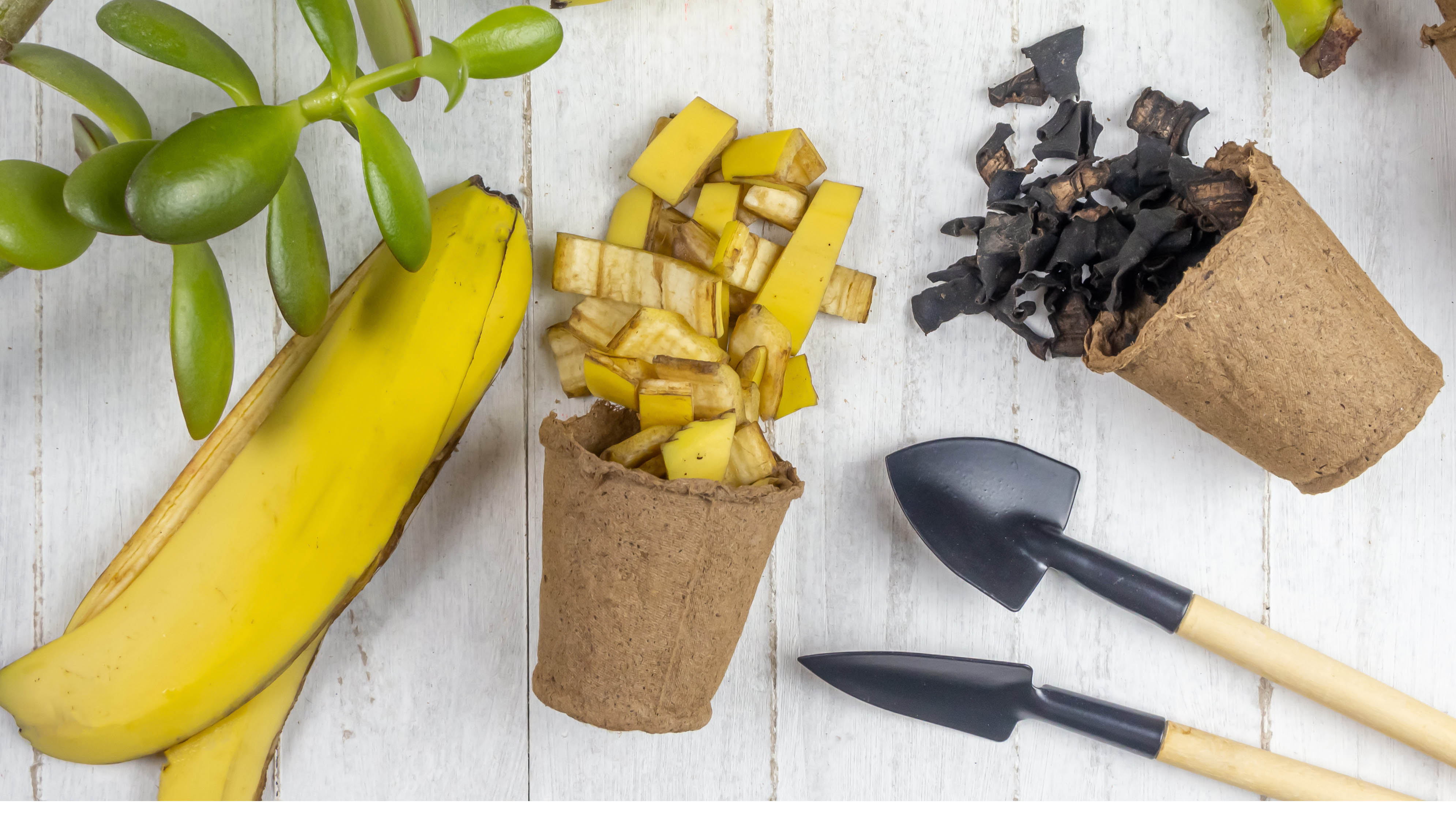
Here at Tom’s Guide our expert editors are committed to bringing you the best news, reviews and guides to help you stay informed and ahead of the curve!
You are now subscribed
Your newsletter sign-up was successful
Want to add more newsletters?

Daily (Mon-Sun)
Tom's Guide Daily
Sign up to get the latest updates on all of your favorite content! From cutting-edge tech news and the hottest streaming buzz to unbeatable deals on the best products and in-depth reviews, we’ve got you covered.

Weekly on Thursday
Tom's AI Guide
Be AI savvy with your weekly newsletter summing up all the biggest AI news you need to know. Plus, analysis from our AI editor and tips on how to use the latest AI tools!

Weekly on Friday
Tom's iGuide
Unlock the vast world of Apple news straight to your inbox. With coverage on everything from exciting product launches to essential software updates, this is your go-to source for the latest updates on all the best Apple content.

Weekly on Monday
Tom's Streaming Guide
Our weekly newsletter is expertly crafted to immerse you in the world of streaming. Stay updated on the latest releases and our top recommendations across your favorite streaming platforms.
Join the club
Get full access to premium articles, exclusive features and a growing list of member rewards.
Houseplants are a lovely decor feature in our homes, and a great way to bring the outdoors in. But when our thriving plants start to show signs of wilting, it can be tricky to know how to care for them properly.
Besides the essentials of watering and feeding your plant, there are surprising household items to help your plants grow. In fact, most of these unusual items are things you would normally throw out, or wouldn’t even consider putting into your soil!
According to gardening experts, such items can act as a natural fertilizer, packed with minerals and nutrients that help promote plant growth. What’s more, they are eco-friendly, and far cheaper than buying commercial fertilizers — saving you money in the long run. So before you ditch any household items, you might want to check out these seven surprising household items to help your plants grow.
If your plant is wilting though, try these 5 top tips you can do to save a dying plant before it’s too late. Just avoid these 7 composting mistakes and these are the 7 composting tips everyone needs to know. You can also use your own personal fertilizer to help your plants grow - discover how taking a pee can power up your plants.
1. Hair
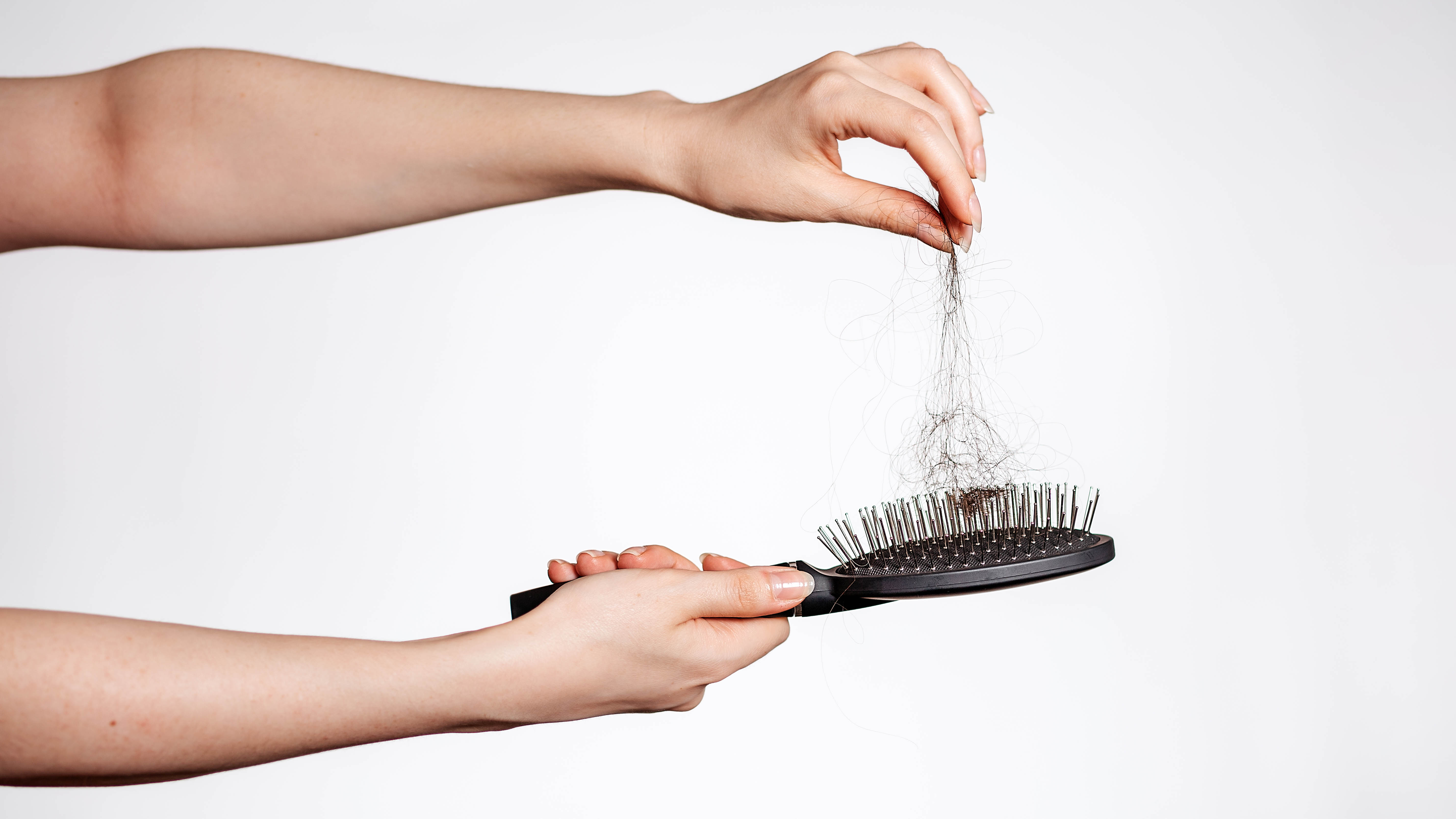
One of the most surprising things that you can add to your soil is hair. While this might seem gross, hair contains high levels of magnesium, which is essential for healthy plant growth. “Hair contains several necessary nutrients, including keratin, nitrogen and magnesium," says Chris Bonnett, gardening expert and founder of Gardening Express. "You can either take some hair out of a hairbrush and add it to your compost or use the hair of your cat or dog. Dog hair and cat hair works really well too because it's high in magnesium.”
In addition, when used in compost, this provides structural support for roots and helps to break up thick and clumpy soil. Who knew?
2. Banana peels

Don't throw out your banana peels; these make the ideal fertilizer for your plants. "Banana peels are full of nutrients your plants will love, so make use of them in the garden instead of throwing them in the trash," Bonnett says. "The peels can be added directly onto pot plant soil, or they can be used as mulch around the base of your garden."
Get instant access to breaking news, the hottest reviews, great deals and helpful tips.
Peels feed the plants with nutrients that promote root growth and repel pests. Once the fruit’s skin breaks down into the soil, this will disperse essential nutrients into the soil, and aid the plant’s growth.
3. Green tea leaves
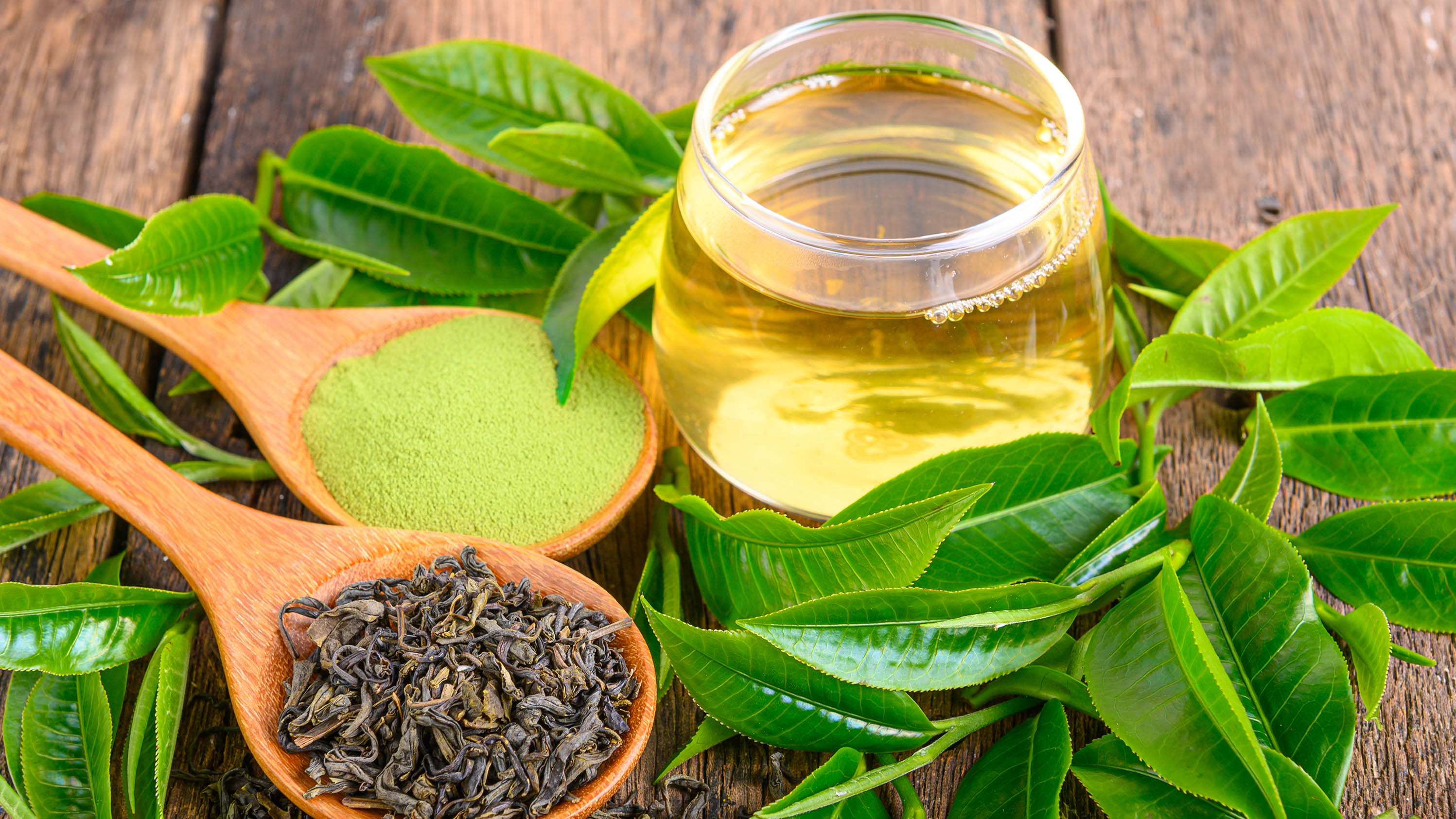
Similarly, green tea leaves are another everyday item that is packed with potassium, and make an effective fertilizer. “Used green tea leaves are a perfect addition to your compost pile as they contain high levels of nitrogen, which encourages plant growth," Bonnett says. "You can also make compost tea by filling a container with water and green tea leaves and letting it sit for 24 hours. Either strain the compost tea first or pour the mixture directly onto plant beds to prevent plant diseases and protect roots.”
So if you’re a green tea drinker, this is a great way to reuse your leaves and revive your plants.
4. Eggshells
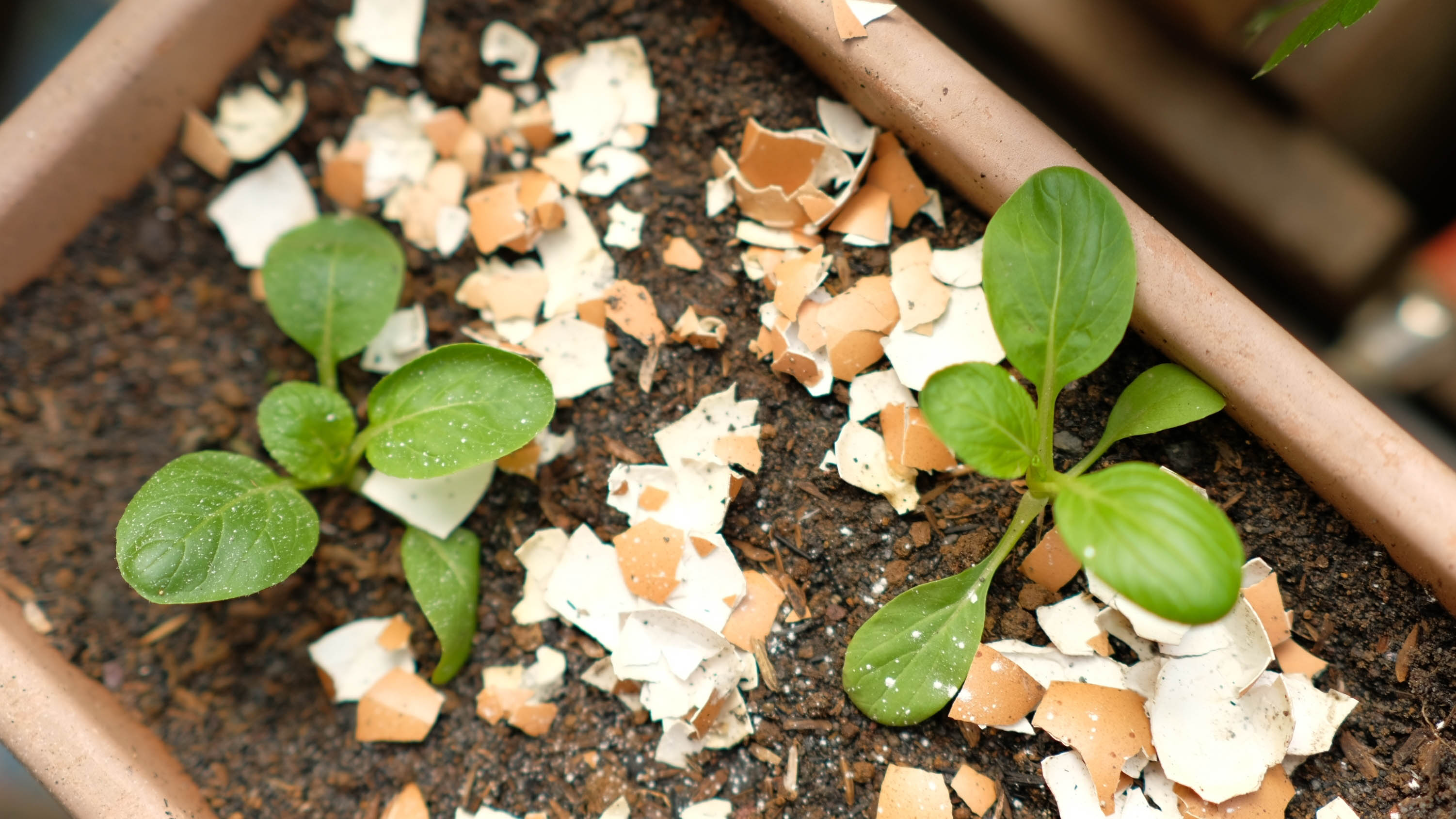
Next time you crack some eggs for breakfast, hold onto the shells, and add them to your plants. Eggshells are known for their natural fertilizing qualities as they contain calcium, and other essential minerals for healthy soil and plant growth.
“The shells break down easily in the soil, allowing their contents to be absorbed quickly and efficiently," Bonnett says. "Eggshells help maintain pH balance and neutralise acidity in the soil, promoting a better growing environment for your plants.”
What’s more, eggshells are ideal for drainage and aeration, to allow sufficient oxygen to get into the root systems, especially if overwatered.
5. Fireplace ashes
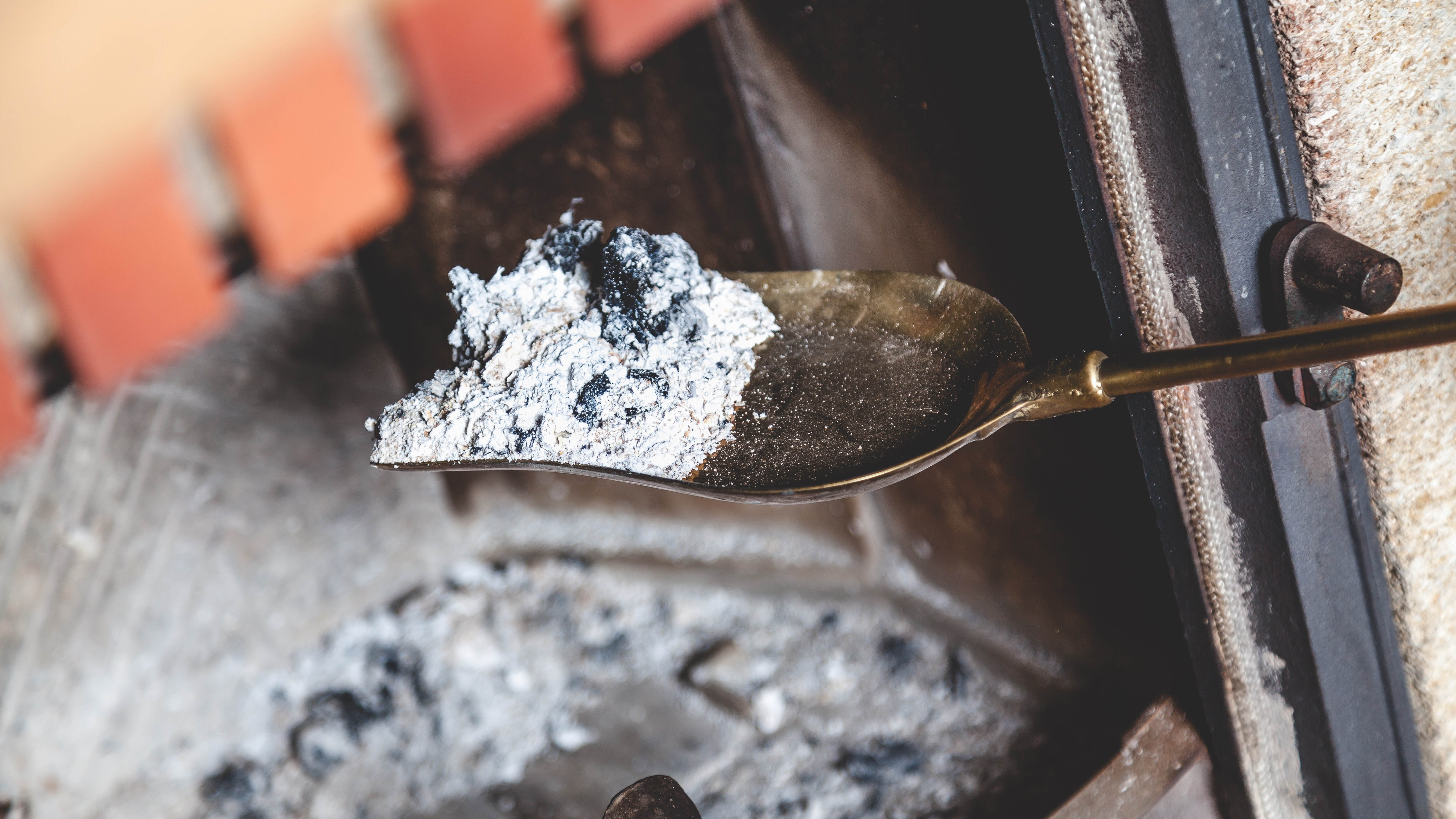
If you own a fireplace, you might be surprised to know that dusty ashes can actually give plants a healthy boost. “Fireplace ashes provide plants with important nutrients such as calcium, phosphorus and potassium that promote growth and strength," Bonnett says. "They also help neutralise acidic soil and help balance soil pH, enabling more efficient absorption of other important minerals.”
Before adding ashes to soil, always wait for them to cool down before placing them in a suitable bag. Every now and then, simply sprinkle them into your soil to help your plants thrive.
6. Coffee grounds
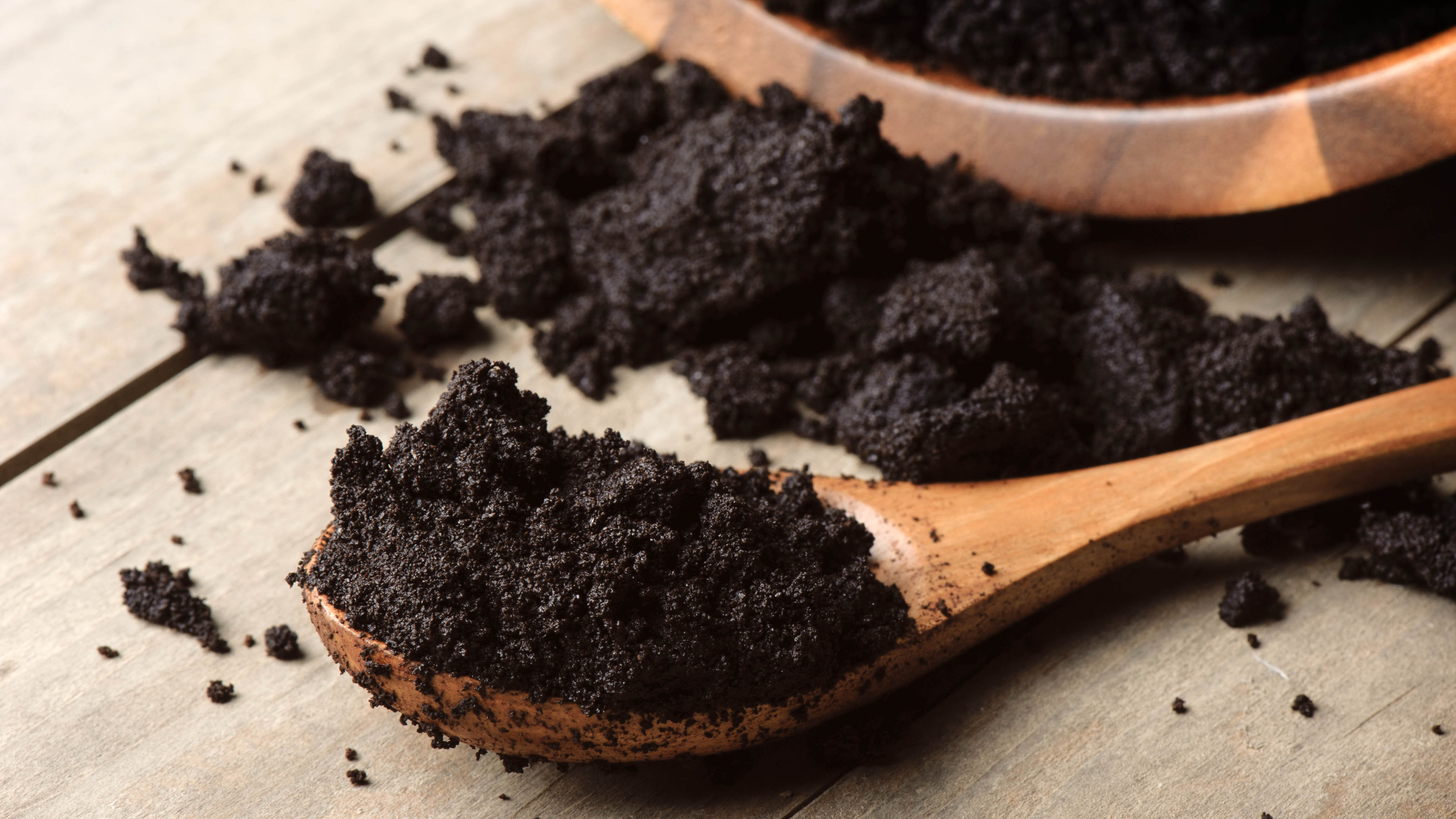
We’re not the only ones who need coffee to perk us up! Coffee grounds also come in handy for perking up your plants, as they are loaded with key nutrients including high levels of nitrogen, calcium, potassium and magnesium. These are all needed for healthy soil and plant growth.
Wait for them to dry first before adding them to soil, “Coffee grounds can improve your compost pile by supplying it with high levels of nitrogen," Bonnett says. "They can also be used as a fertilizer by spreading them directly onto the soil of your plant beds. Also, adding coffee grounds improves drainage, water retention, and aeration in the soil."
So if you love the aroma of coffee, sprinkle over your plants and watch them flourish.
7. Potato water
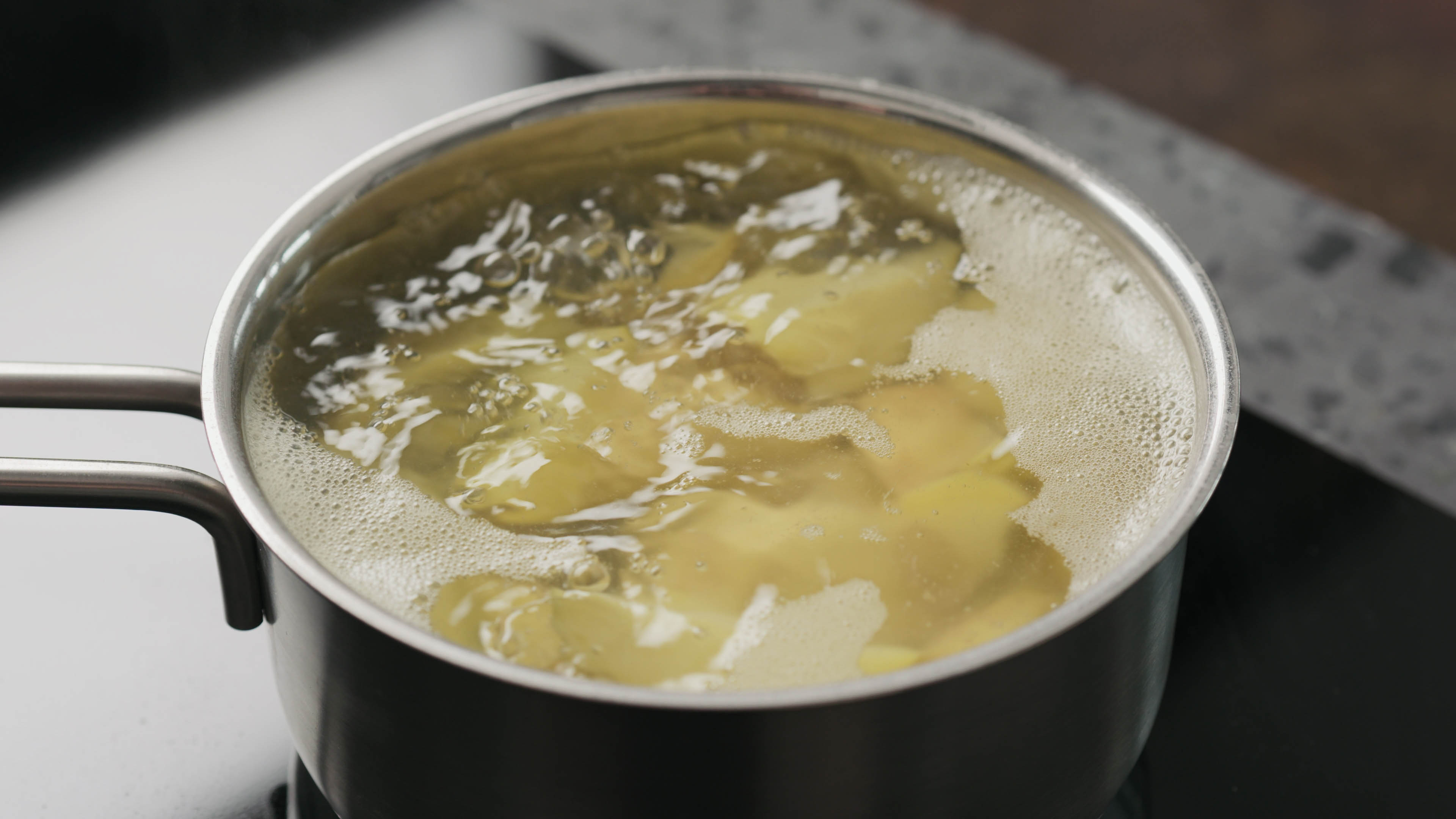
Generally when we boil potatoes, we simply throw out the water afterwards. But, did you know this can be reused for watering plants? This is because potato water is full of calcium, magnesium, potassium, zinc and phosphorus — making it the perfect fertilizer.
“Potato water provides a cost-effective and environmentally friendly way of feeding the plants with essential minerals they need," Bonnett says. "Water your plants with unsalted potato water to encourage the release of nutrients in the soil. The starchy water can be used on both outdoor and interior plants, which will also help plants to develop immunity to environmental stress.”
One thing to note is that water needs to be unsalted for it to work, so avoid adding salt prior to boiling your potatoes at mealtimes.
If you have a lot of condensation, these 5 houseplants will help prevent mold in your home. Or if you have trouble snoozing, these 5 plants could help you sleep better.
Also, if you love orchids, but they're lacking flowers, be sure to also check out how to get an orchid to rebloom. And if you have artificial plants, check out these 7 ways to make fake plants look more real.

As the Homes Content Editor, Cynthia Lawrence covers all things homes, interior decorating, and garden-related. She has a wealth of editorial experience testing the latest, ‘must-have’ home appliances, writing buying guides and the handy ‘how to’ features.
Her work has been published in various titles including, T3, Top Ten Reviews, Ideal Home, Real Homes, Livingetc. and House Beautiful, amongst many.
With a rather unhealthy obsession for all things homes and interiors, she also has an interior design blog for style inspiration and savvy storage solutions (get rid of that clutter!). When she’s not testing cool products, she’ll be searching online for more decor ideas to spruce up her family home or looking for a great bargain!
 Club Benefits
Club Benefits










